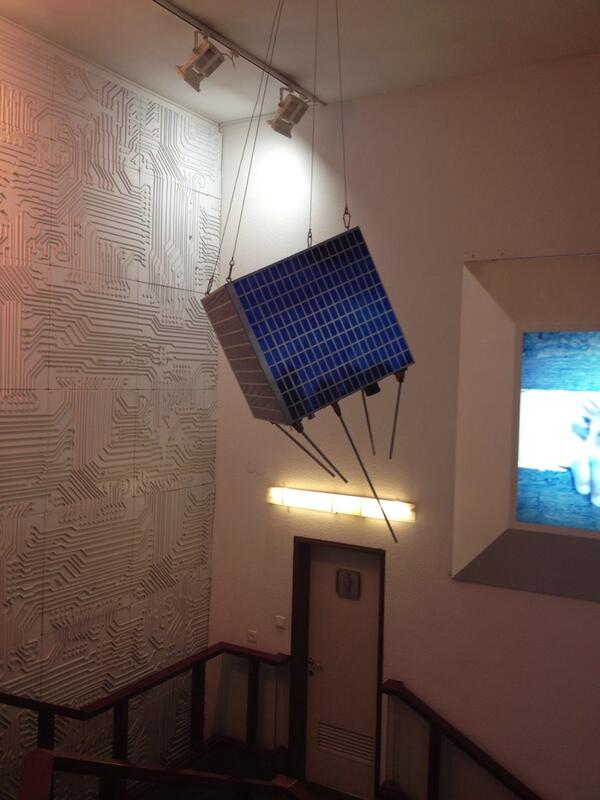ISU Space Studies Program Session to be hosted by Technion – Israel Institute of Technology
Strasbourg, France – The International Space University (ISU) is proud to announce that the 29th annual Space Studies Program (SSP) session will be hosted by the Technion-Israel Institute of Technology in Haifa from 04 July – 02 September 2016. The dates are to be confirmed.
“ISU has a long-standing relationship with Israel in general and Technion in particular. Many participants of Israel were able, thanks in part to the Ilan Ramon Fund, to attend ISU programs previously. It is therefore a genuine pleasure for ISU to further enhance this relationship and convene the SSP16 session in Haifa. It is evident that there will be considerable interest from other countries to discover more closely the amazing hi-tech achievements and cultural richness of the host site” declared Prof. Walter Peeters, President of ISU.

The SSP is an intense nine-week program which offers the participants a unique and comprehensive professional development experience covering all aspects of space programs and enterprises. Disciplines highlighted include space physical sciences; space engineering; space policy, economics and law; space management and business; space and the humanities; space applications; and human performance in space. This program targets young and seasoned professionals from all disciplines as well as post-graduate university students. The team projects allow participants to refine the topic as a team, and also produce professional quality reports and final presentations, all in the span of a few weeks. Every summer, the SSP takes place in a different location around the world. Recent sessions have convened in Graz, the NASA Ames Research Center, Beijing and Melbourne (Florida). This year the SSP will take place in Montréal, Quebec, Canada in collaboration with ETS and HEC.
“We are delighted to be taking the SSP16 to Israel for our first session to be offered in the Middle East. Technion features world-class facilities and a beautiful campus. Haifa is an excellent location to deliver our signature Interdisciplinary, International, and Intercultural Space Studies Program” added Dr. Angie Bukley, dean of ISU.
Further information about the Space Studies Program can be found under:
http://www.isunet.edu/programs/space-studies-program
The International Space University, founded in 1987 in Massachusetts, US and now headquartered in Strasbourg, France, is the world’s premier international space education institution. It is supported by major space agencies and aerospace organizations from around
the world. The graduate level programs offered by ISU are dedicated to promoting international, interdisciplinary and intercultural cooperation in space activities. ISU offers the Master of Science in Space Studies and Master of Science in Space Management programs at its Central Campus
in Strasbourg. Since the summer of 1988, ISU also conducts the highly acclaimed nine-week Space Studies Program at different host institutions in locations spanning the globe.
ISU programs are delivered by over 100 ISU faculty members in concert with invited industry
and agency experts from institutions around the world. Since its funding, 25 years ago, more than 3700 students from over 100 countries graduated from ISU.

